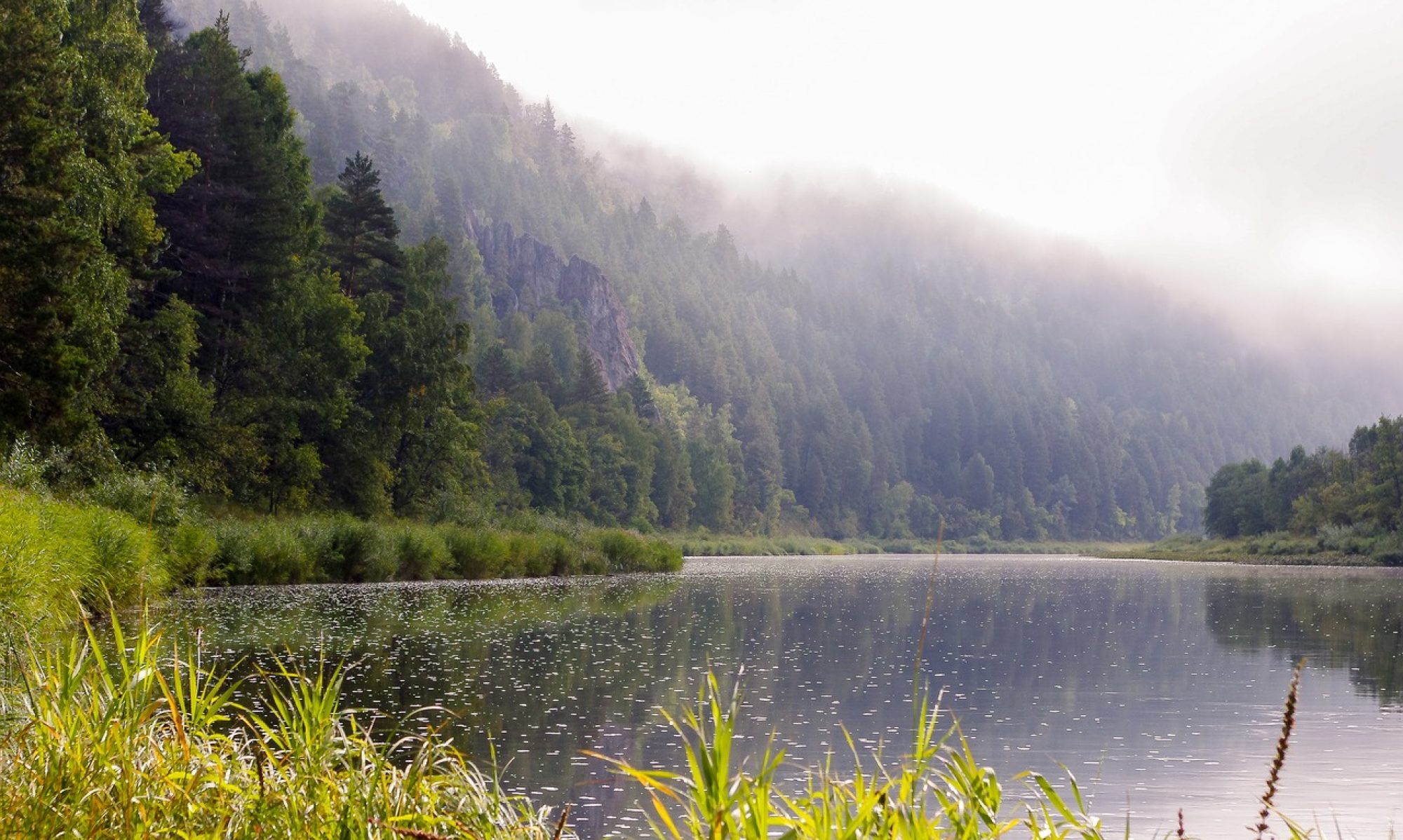The Northern Dimension Institute (NDI) organized the Northern Dimension Future Forum on Environment: Black carbon and climate change in the European Arctic on 19 November 2018 in Brussels. Yesterday, the NDI published a piece “Cutting black carbon emissions is an acute challenge for all in the European Arctic” about the forum, that can be read online here.
The event gathered researchers, top experts, decision-makers and NGOs to discuss the future challenges as well as solutions available to avert the black carbon impacts of future climate change. The event featured two knowledge arenas consisting of brief researcher presentations followed by comments and a moderated discussion. Ms. Cathy Smith from Speak-Easy moderated the event.
In his presentation, Associate Professor, Veli-Pekka Tynkkynen from the Aleksanteri Institute of the University of Helsinki and Strategic Research Program on Security, Academy of Finland, indicated that reducing gas flaring of the Russian oil and gas industry has critical role in curbing black carbon emission in the Arctic. He underlined e.g. environmental certificates and more reliance on soft means to influence environmental investments and international cooperation in the renewable energy.
Professor Tynkkynen is available in slides and in video format below:

